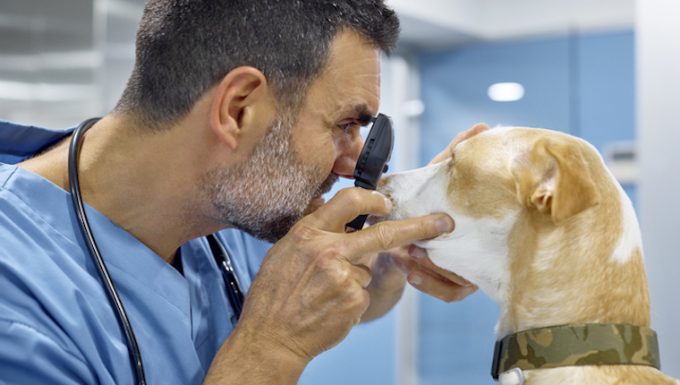Optic nerve swelling in dogs is a condition that can impair your dog’s vision. The condition is caused by inflammation in the optic nerve.
Technically, the optic nerve helps send electrical signals from a dog’s retina to their brain.
Usually, the condition is caused by another underlying condition, such as a trauma or infection.
Technically, the condition is also…





